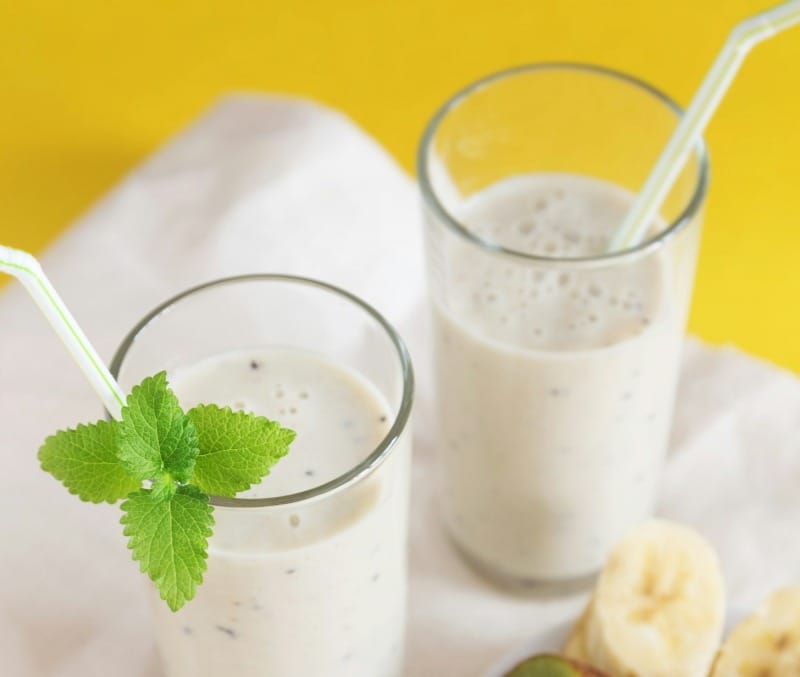Detox diets have gained popularity as a way to cleanse the body and jumpstart a healthier lifestyle. While the effectiveness of detox diets is debated in the scientific community, many people report feeling more energized and refreshed after following a structured detox plan. Let's explore some evidence-based approaches to detoxification that may help rejuvenate your system.
Key takeaways:
• Detox diets should focus on supporting the body's natural detoxification processes
• Hydration, nutrient-dense foods, and elimination of processed items are crucial
• Short-term detox plans can be a springboard for long-term healthy habits
• Always consult a healthcare professional before starting any new diet regimen
Whole foods detox plan
One of the most effective and sustainable detox approaches involves focusing on whole, unprocessed foods. This plan emphasizes consuming a variety of fruits, vegetables, lean proteins, and whole grains while eliminating processed foods, added sugars, and artificial additives.
Benefits:
• Provides essential nutrients to support natural detoxification processes
• Reduces intake of potential toxins from processed foods
• Supports digestive health through increased fiber intake
Sample menu:
- Breakfast: Green smoothie with spinach, banana, and chia seeds
- Lunch: Quinoa salad with mixed vegetables and grilled chicken
- Dinner: Baked salmon with roasted vegetables and brown rice
- Snacks: Fresh fruit, raw nuts, or vegetable sticks with hummus
Juice cleanse
While more extreme, short-term juice cleanses can provide a concentrated dose of nutrients and give your digestive system a break. However, it's important to approach juice cleanses with caution and not extend them beyond a few days[1].
Benefits:
• Provides a high concentration of vitamins and minerals
• May help reduce calorie intake and promote short-term weight loss
• Can serve as a reset for unhealthy eating habits
Tips for a safe juice cleanse:
• Include a variety of fruits and vegetables for balanced nutrition
• Incorporate some protein sources like nut milks or plant-based protein powders
• Stay hydrated with water in addition to juices
• Gradually transition back to solid foods after the cleanse
Liver support detox
The liver plays a crucial role in detoxification, so supporting its function can be beneficial. A liver support detox focuses on foods and herbs known to promote liver health[2].
Key components:
• Cruciferous vegetables like broccoli, cauliflower, and Brussels sprouts
• Leafy greens such as kale and spinach
• Garlic and onions for their sulfur compounds
• Turmeric and milk thistle for their potential liver-protective properties
Sample day:
- Morning: Lemon water and a green tea
- Breakfast: Spinach and mushroom omelet with turmeric
- Lunch: Mixed green salad with grilled chicken and olive oil dressing
- Dinner: Steamed broccoli and cauliflower with baked fish
- Evening: Milk thistle tea
Hydration-focused detox
Adequate hydration is crucial for supporting the body's natural detoxification processes. A hydration-focused detox emphasizes increased water intake along with hydrating foods[3].
Key elements:
• Drinking at least 8-10 glasses of water daily
• Consuming water-rich fruits and vegetables
• Incorporating herbal teas and infused waters
• Limiting dehydrating substances like caffeine and alcohol
Hydrating food options:
- Watermelon
- Cucumber
- Celery
- Strawberries
- Zucchini
Conclusion
While the concept of "detoxing" is controversial in the medical community, adopting a diet rich in whole foods, staying well-hydrated, and supporting your body's natural detoxification processes can contribute to overall health and well-being. Remember that any detox plan should be short-term and serve as a springboard for developing long-term healthy eating habits.
Before starting any detox regimen, especially if you have existing health conditions or are taking medications, consult with a healthcare professional. They can provide personalized advice and ensure that your chosen detox plan is safe and appropriate for your individual needs.
References:
[1] Obert J, et al. Popular weight loss strategies: a review of four weight loss techniques. Curr Gastroenterol Rep. 2017;19(12):61.
[2] Hodges RE, Minich DM. Modulation of metabolic detoxification pathways using foods and food-derived components: a scientific review with clinical application. J Nutr Metab. 2015;2015:760689.
[3] Popkin BM, et al. Water, hydration, and health. Nutr Rev. 2010;68(8):439-458.














Member discussion